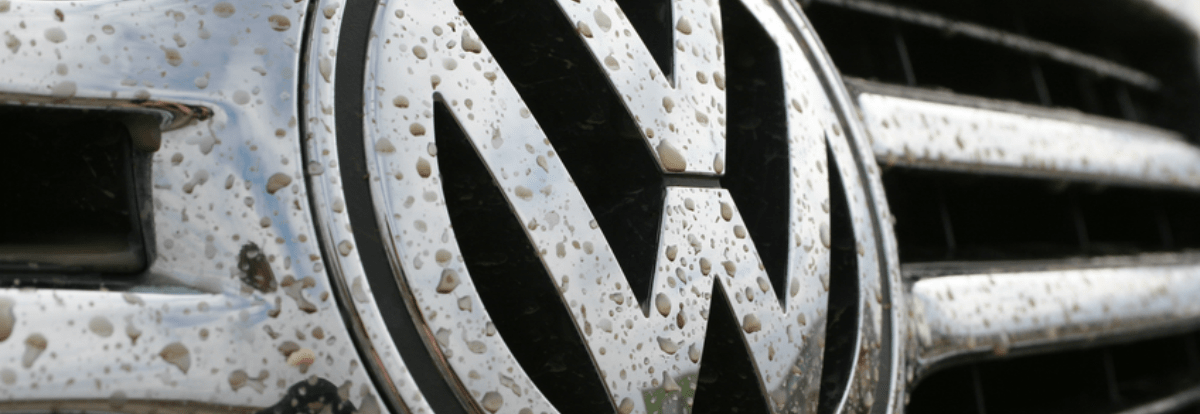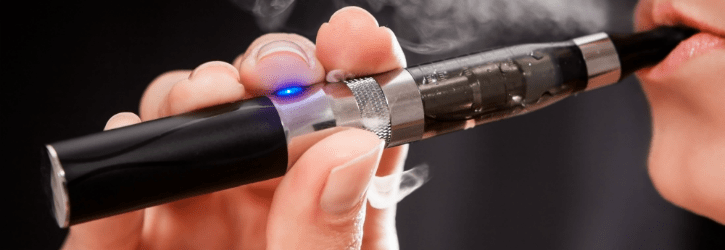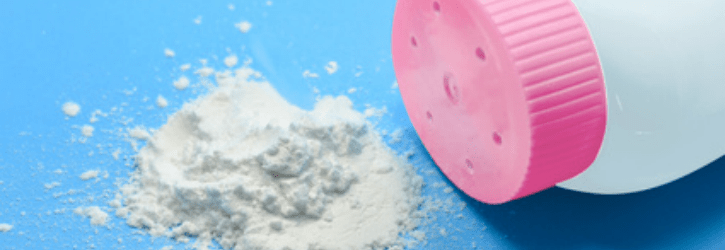
EpiPen failures not to be ignored
Recent data surrounding reported EpiPen failures should not be ignored. Data reviewed has found that, in the last few years, there has been hundreds of reports of EpiePen failures that have led to a number of hospitalisations, and potentially some deaths.
One issue reported after a failed delivery from an EpiPen was the needle sticking out of the device at an angle, preventing delivery of lifesaving adrenaline that can stop an allergic reaction from killing someone.
Given the importance of lifesaving devices, these reported EpiPen failures cannot be ignored.
J & J and its supplier challenge evidence in talcum powder cancer case
J & J and its supplier are set to still challenge evidence in a talcum powder cancer case where a verdict has already been reached to the tune of $117m in damages in the Claimant’s favour.
Reportedly, pharmaceutical giant J & J and its supplier of the talcum powder that’s at the centre of the cancer cases against them are trying to argue that the Claimant failed to prove that his mesothelioma was caused by the talc product.
The $117m damages award in this monumental legal battle is one of many verdicts that have paved the way for J & J paying millions to victims who claim their cancer was caused by its talcum powder product.

Calls for UK inquiry into sodium valproate epilepsy drug
There are calls for a UK inquiry into the sodium valproate epilepsy drug that has been linked to birth defects and developmental issues in children.
It’s also understood that UK health professionals were warned about the dangers of people using sodium valproate epilepsy drugs, but little seems to have been done – especially in the past – to ensure users were informed of the risks and were able to make decisions as to the use of the drug.
There are also questions over whether the drug should be classed as safe at all, and the HSE is reportedly looking at the issue. We may see a UK inquiry into the side-effects soon.

Volkswagen issue warnings not to use rear seats over seatbelt buckle design flaw
Volkswagen has issued warnings not to use rear seats over a seatbelt buckle design flaw that can lead to seatbelt buckles coming open when vehicles change lanes at high-speeds.
Independent testing of three models – the Volkswagen Polo, SEAT Arona and SEAT Ibiza – identified the problem that has led to the German automotive giant finding themselves in yet another costly crisis as they continue to pay billions of pounds over their 2015 “dieselgate” scandal that our Group Acton Lawyers are fighting for justice for.
This latest problem is one in a long line of scandals and crises VW has been facing in recent years.

More research required over the dangers of e-cigarettes
More research is required over the potential dangers of e-cigarettes, regulators say.
Although manufacturers can apply for product licensing through the UK’s MHRA (Medicines and Healthcare products Regulatory Agency), no licensed e-cigarettes are reportedly being marketed.
It’s the long-term health effects that remain the biggest unknown. The government regulators have identified that, still, further research into e-cig use is needed to be able to have a clearer understanding as to the risks and / or the potential benefits when compared to traditional smoking.

Apple allegedly concealed iPhone battery issues
Apple allegedly concealed iPhone battery issues, according to court papers filed in a group action lawsuit against the tech-giant.
It’s alleged that Apple failed – or neglected – to inform owners that there was a fault with the iPhone 6 model battery, and that it could be resolved with a new battery as opposed to a new handset.
With the likes of Samsung being sued for exploding batteries, and Apple having already admitted that older handsets slowdown with software updates, this latest battery scandal is one in a long line of issues people seem to be having with today’s modern mobile technology.

Group Action Lawyers contacted for help after NHS Breast Cancer Screening Scandal
The Group Action Lawyers have been contacted for help after the news broke about the NHS Breast Cancer Screening Scandal. Individuals who did not receive their invitation for breast cancer screening and have since developed breast cancer, or families of patients who have passed away because the patient was not offered screening, may be entitled to take legal action.
A computer glitch has been blamed for the error that resulted in some 450,000 women aged between 68 and 71 reportedly not receiving their invitation for breast cancer screening because a computer program is said to have had the cut-off age at 70 by mistake. What’s worse is that it has taken nine years for the problem to be identified, with the glitch occurring sometime in 2009.

J & J reportedly loses mistrial bid in asbestos talcum powder case
J & J has reportedly lost a mistrial bid in an asbestos talcum powder trial in America. The legal team representing Johnson & Johnson – a pharmaceutical and medical manufacturing giant – reportedly took issue with comments made by the lawyers fighting for compensation for a male claiming damages for asbestos-related illness that he alleges was caused by the use of J & J talcum powder.
Talcum powder has been linked with the dangerous cancer mesothelioma, which can be caused by exposure to asbestos, and a number of legal claims have seen some success in finding J & J liable for allowing their talcum powder products to contain the dangerous substance that is mined closely to where talc is produced.

Pelvic mesh devices “rushed to market” without proper testing and warnings
Some pelvic mesh devices were reportedly “rushed to market” without proper testing and warnings for women, the legal team for a Claimant pursuing damages for pelvic mesh injuries claims.
According to the reports, manufacturer C.R. Bard moved pelvic mesh devices to market quickly and failed to properly test the devices and provide sufficient warnings over their use.
The Claimant alleges that the ‘Avaulta Solo Support System’ and the ‘Align Trans-Obturator Urethral Support System’ are unsafe, and inadequate warnings were provided to her. She has reportedly suffered debilitating injuries.
Continue Reading…

Group Action Lawyers investigating NHS Breast Cancer Screening Scandal
The Group Action Lawyers are investigating the NHS Breast Cancer Screening Scandal which has broken in the news this week.
Our Group Action Lawyers say there may be legal cases to answer for as Health Secretary, Jeremy Hunt, confirms that 270 women may have died as a direct result of an IT glitch that lead to them NOT receiving vital and potentially life-saving letters inviting them for periodic breast cancer screening.
It’s thought that women aged between 68 and 71 are affected by the glitch that occurred in 2009 that was discovered by Public Health England in January this year.
Continue Reading…